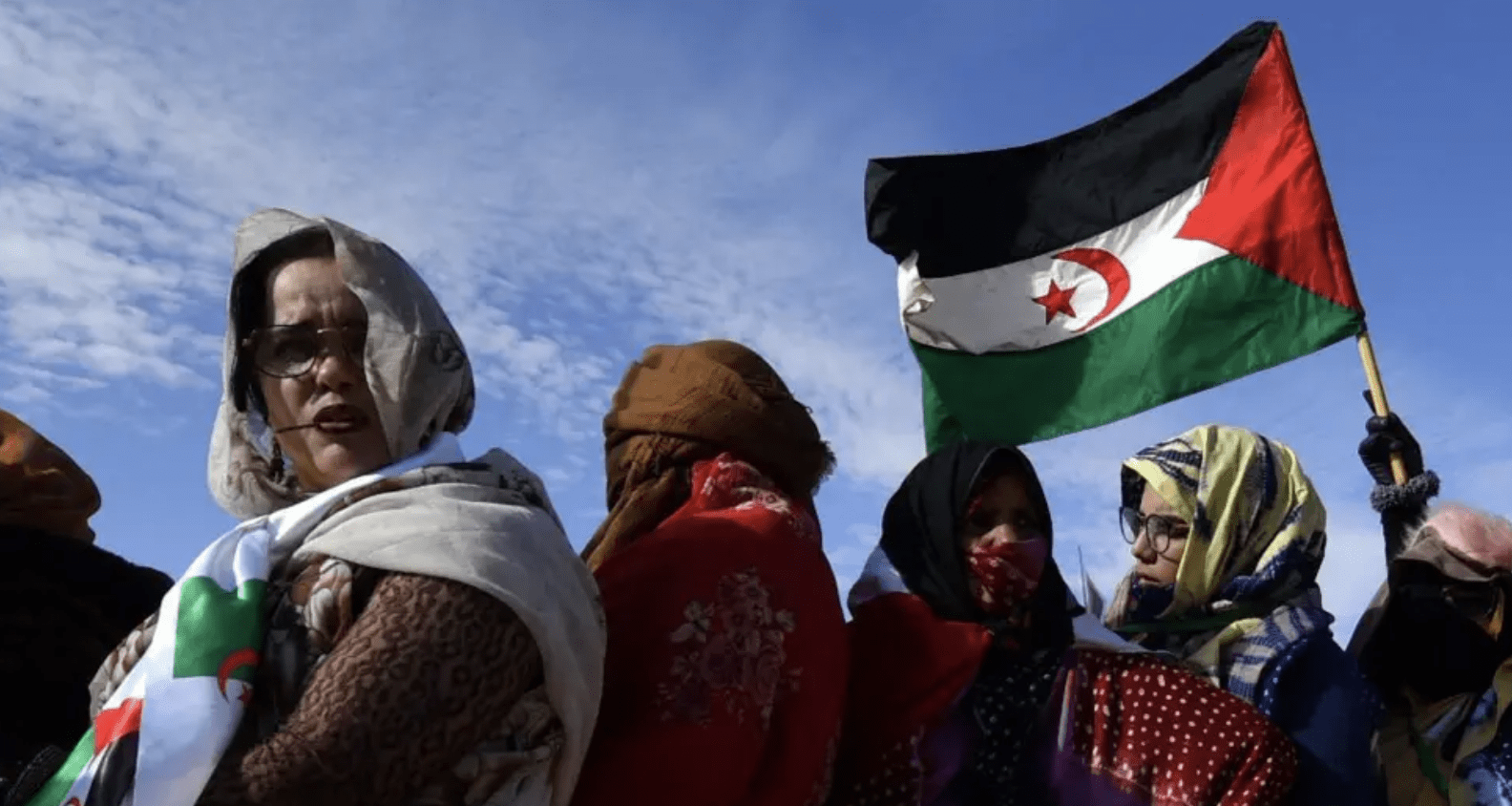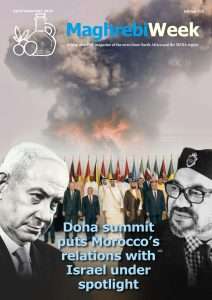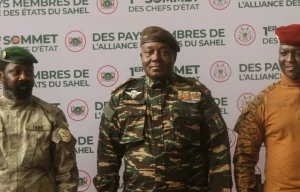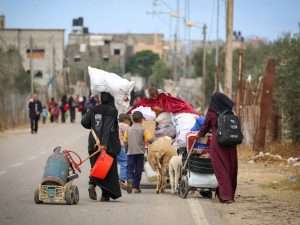Morocco sovereignty in Western Sahara gains international support

On September 22nd, as world leaders are currently in New York City for the UN’s General Debate, Paraguay has recognised Morocco’s sovereignty over the Western Sahara, and promised to open a Paraguayan consulate in the region, according to the Moroccan government-friendly outlet, the North Africa Post.
Paraguay’s Minister of Foreign Affairs, Rubén Darío Ramírez Lezcano, announced the news after a meeting with his Moroccan counterpart, Nasser Bourita.
Paraguay joins multiple countries that have also formally recognised Morocco’s control over the territory and the country’s proposal for its autonomy. In October of 2024, France’s Macron had intervened at the Moroccan parliament to support the sovereignty of the country over the Western Sahara, ultimately giving leeway for Morocco to decide on the region’s future.
The United Kingdom recognised Morocco’s autonomy plan in early June, and the British Foreign Secretary, David Lammy, also added that it was the most credible path for a resolution of the dispute.
This list of countries also includes the United States of America, which reaffirmed its support for Morocco earlier in April after a meeting in Washington with the Moroccan Minister of Foreign Affairs and the US Secretary of State.

Recognising the North African country’s sovereignty over the southern region is a diplomatic headache, as the dispute involves Algeria, Morocco, the Sahrawi Arab Democratic Republic (SADR) and its Polisario Front. On the one side, Morocco controls most of Western Sahara and proposes autonomy for the region within the Kingdom. On the other side, Algeria supports the SADR’s call for independence and a return to the pre-1975 colonial borders.
While the situation remains delicate at the moment, diplomatic ties between the North African neighbours have reached concerning lows in recent years.
In October 2024, a European court ruling forbid the import of Moroccan products made in Western Sahara into the European Union due to concerns that the Sahrawi people’s consent wasn’t secured in previous trade deals that included the Western Sahara. Morocco disputed the decision, citing inconsistencies in the ruling and potential Algerian interference, while also reminding European leaders of the country’s key role in the EU’s border and immigration policies, and the potential effect this decision would have on their collaboration.
While Morocco’s sovereignty over the Western Sahara is reinforced by certain countries recognition over the territory, Algeria and the SADR are still hoping that the Sahwari people will have the right for independence and self-determination in the future.
The North African Post, Maghrebi.org
Want to chase the pulse of North Africa?
Subscribe to receive our FREE weekly PDF magazine











